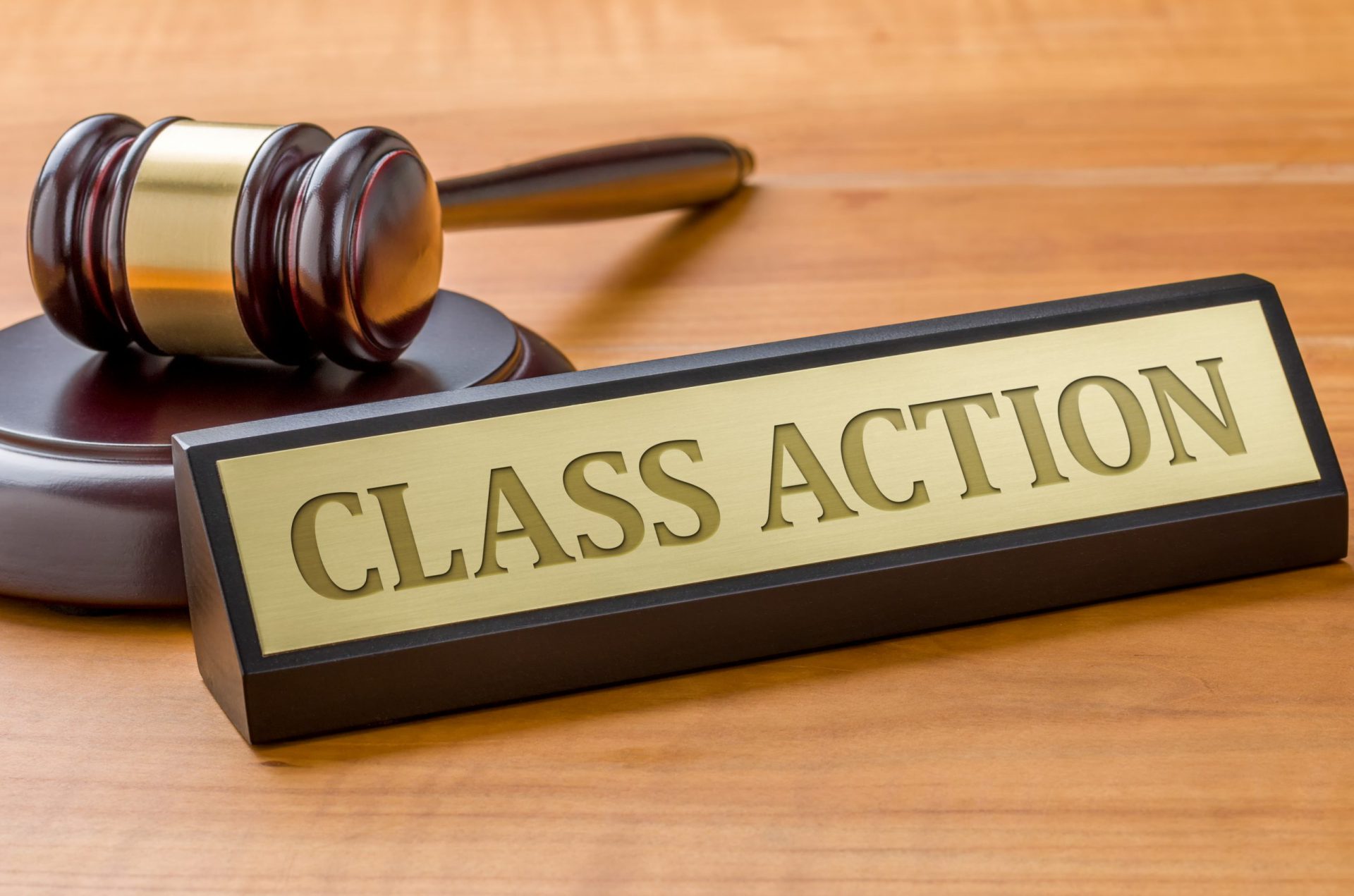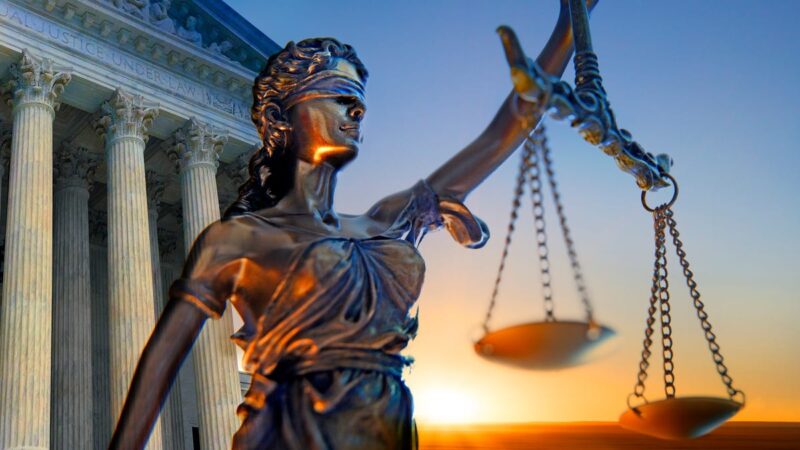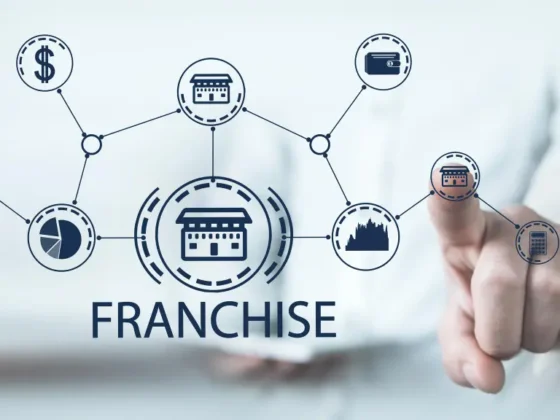Class action lawsuits have emerged as a powerful mechanism for promoting justice and equity in an increasingly complex society. These collective legal actions allow individuals, often powerless on their own, to band together against large corporations or entities that have wronged them, seeking restitution and accountability.
The implications of such lawsuits extend far beyond individual claims; they play a vital role in driving social change and fostering economic stability. By pooling resources, plaintiffs can tackle issues that might otherwise go unchallenged, such as corporate malfeasance, discrimination, or environmental degradation. This collective approach not only amplifies the voices of those affected but also serves as a deterrent against future abuses.
In an era where the scales of justice can often seem tipped in favor of the wealthy and powerful, class action lawsuits represent a beacon of hope, illuminating the path toward communal empowerment and systemic reform. Through exploring both economic and social dimensions, we can better appreciate how these legal avenues contribute to a fairer society.
Introduction to Class Action Lawsuits

Class action lawsuits serve as a compelling mechanism for groups of individuals who have suffered similar injustices to come together and seek redress against larger entities, such as corporations or government bodies. At their core, these legal actions allow plaintiffs, often with limited means, to pool their resources and share the financial burden of litigation. The result? A more leveled playing field against powerful adversaries.
These lawsuits can cover a vast array of issues, from consumer fraud and labor rights violations to environmental damage and corporate misconduct. They navigate the complexities of legal and social frameworks, aiming not just for individual compensation, but also for systemic change.
Ultimately, class actions can catalyze significant social reform while underscoring the collective strength of the aggrieved, thereby fostering a sense of community and shared purpose amidst the often daunting landscape of legal proceedings.
Promoting Access to Justice

Promoting access to justice through class action lawsuits is essential for creating an equitable legal landscape. When individuals feel powerless against large corporations, class actions emerge as a beacon of hope, uniting voices that might otherwise go unheard. These lawsuits democratize the legal process, allowing groups of people with common grievances—often marginalized or financially constrained—to pool their resources and challenge wrongful practices.
By doing so, they not only seek redress for their own claims but also help to establish important legal precedents that benefit society at large. Imagine a scenario where hundreds, or even thousands, come together, each with a shared story of injustice; the impact is amplified, creating a force that can compel change. Thus, class actions serve a dual purpose: they provide individual claimants with a fighting chance and invigorate the legal system, ensuring that it remains a tool for fairness rather than a privilege reserved for the few.
Economic Efficiency and Cost Savings

Class action lawsuits not only empower individuals by leveling the playing field against powerful entities but also serve as a catalyst for significant economic efficiency and cost savings. When consumers band together to challenge corporate wrongdoing, the resources expended on legal representation are dramatically reduced. Instead of each claimant struggling to bear the financial burden of litigation, the collective effort allows for shared legal costs, diminishing the total expense incurred by each participant.
Moreover, these lawsuits can expedite the resolution process, as a single ruling can summarily address the grievances of thousands, rather than bogging down the courts with numerous individual cases. In this way, the judicial system conserves valuable time and resources.
Ultimately, these economic efficiencies ripple outward: plaintiffs may receive swifter compensation, legal teams can allocate resources more effectively, and companies are incentivized to rectify harmful practices, thereby potentially saving costs associated with long-term litigation and reputation management. Such dynamics not only streamline the process but underscore the tangible financial advantages that class actions can offer to both consumers and corporations alike.
Conclusion
In conclusion, class action lawsuits serve as a vital mechanism for promoting both economic and social justice by enabling individuals to collectively address grievances against large corporations and institutions. By streamlining legal processes and reducing individual financial burdens, these lawsuits empower disenfranchised consumers and workers, fostering accountability and promoting fairness.
The insights of leaders in the field, such as Harris Pogust chairman of a prominent law firm specializing in these cases, underscore the importance of collective legal action in driving systemic change and addressing widespread injustices. As we continue to recognize the transformative potential of class action lawsuits, it is clear that they play a crucial role in safeguarding individual rights while contributing to a more equitable society.


